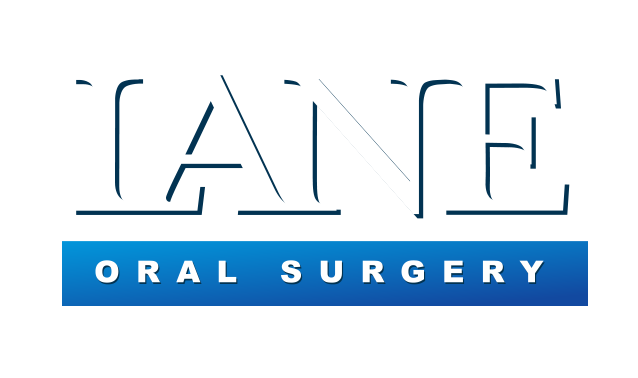When you get a dental implant, you might notice your oral surgeon places the metal post and sometimes the abutment, but they often don’t attach the final tooth prosthesis. That’s normal. This article explains why the surgery team focuses on placing the fixture and letting the mouth heal, while another dentist finishes the restoration. You’ll learn what each provider does, how the handoff works, and what to ask about your tooth prosthesis.
What an Oral Surgeon Does: Posts, Abutments, and Surgery
Oral surgeons handle the surgical part of implants. They place the implant post (fixture) into your jawbone and may place a healing abutment. Their job is to ensure correct placement, control bleeding, and manage the healing process called osseointegration — when the bone bonds with the implant. After surgery you’ll have follow-up visits to check healing and remove sutures if needed.
What a Tooth Prosthesis Is and Who Fits It
A tooth prosthesis is the visible part that replaces your natural tooth. It can be a crown, bridge, or denture attached to the implant. General dentists or prosthodontists usually take impressions, match shade and shape, and place the final prosthesis. They focus on bite, appearance, and how the new tooth fits with your other teeth. The lab work and esthetic adjustments require equipment and skills different from surgery.
Why Oral Surgeons Don't Place the Tooth Prosthesis
Different skill sets and equipment
Oral surgeons train for surgery — cutting, placing implants, and managing complex anatomy. Restorative dentists train for crowns, bridges, and esthetic work. Making and adjusting a tooth prosthesis needs a dental lab, shade guides, and chairside fine-tuning. Dental labs and restorative teams often have long-standing relationships that ensure the prosthesis looks and works well.
Treatment timing and coordination
Healing time matters. The implant needs weeks to months to fuse with bone. Restorative dentists wait for stable tissue and bone before final impressions. Separating surgery from the final prosthesis lets the mouth settle, reduces complications, and improves long-term outcomes. Temporary teeth may be used while healing continues.
How the Handoff Works Between Your Oral Surgeon and Your GP
Coordinated care usually follows a clear sequence. Each provider shares records and plans so you get a smooth restoration.
- Surgical placement: oral surgeon places the implant post and any healing abutment.
- Healing period: allow osseointegration and soft-tissue healing (weeks to months).
- Transfer of records: surgeon sends x-rays, implant details, and notes to your restorative dentist.
- Impressions and planning: your general dentist or prosthodontist takes impressions and orders the tooth prosthesis from the lab.
- Final placement: restorative dentist fits and adjusts the tooth prosthesis for comfort, bite, and esthetics.
Bring any paperwork from the surgeon to your restorative visit, including implant brand and size if available. Expect a temporary prosthesis if healing isn’t finished. Good communication between providers speeds care and reduces surprises.
Questions to Ask Your Dental Team About Your Tooth Prosthesis
Use these questions to get clear answers and set expectations for the final restoration.
- Who will make and place my tooth prosthesis?
- Who handles adjustments or repairs after placement?
- What is the expected timeline from surgery to final prosthesis?
- Is there a warranty or guarantee on the tooth prosthesis?
- How will color and shape be matched to my natural teeth?
Coordinated care between an oral surgeon and a restorative dental team gives the best chance for a functional, long-lasting tooth prosthesis. If you want top esthetic results or complex full-mouth work, ask for a referral to a prosthodontist who specializes in implant restorations. To learn more or to discuss your dental implant needs, please contact us today.



